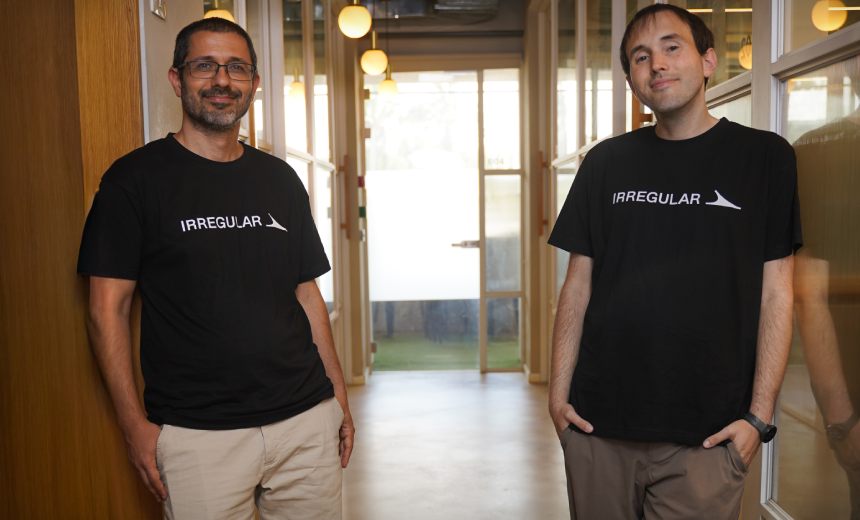Artificial Intelligence & Machine Learning,
Next-Generation Technologies & Secure Development
Startup Develops AI Simulations to Combat Cyber Threats

Irregular, an AI security lab, has secured $80 million in funding to create test environments that simulate both offensive and defensive cyber scenarios. Founded in 2023 by a former IBM researcher, Irregular aims to address the surge in AI-driven threats by developing tools that prepare organizations against potential attacks.
Based in San Francisco, the company will utilize its Series A investment to recruit top-tier talent and enhance its computational capabilities. According to CEO Dan Lahav, the aim is to translate research findings into practical applications for businesses and model developers. The simulations being created are already attracting interest from leading AI laboratories such as OpenAI and Anthropic.
“Our high-fidelity research platform enables leading AI companies to test their models against various attack scenarios, identifying vulnerabilities before deploying them,” Lahav explained. “For example, we can assess if models can evade detection by Endpoint Detection and Response (EDR) systems, which is crucial for many stakeholders.” The comprehensive approach not only tests models as potential attackers but also as targets, shedding light on their defenses.
As cybersecurity threats evolve, the innovations at Irregular are essential. The underlying technology allows for recognizing attack patterns often seen in MITRE ATT&CK tactics, such as initial access and privilege escalation. Model vulnerabilities identified during these simulations inform further research and the creation of next-generation defenses, crucial for maintaining cybersecurity in a rapidly changing landscape.
Lahav emphasized the need for a research-driven defense strategy. “Defending against modern threats requires constant research and the integration of the latest findings into deployable solutions,” he stated. Part of the funding is aimed at converting internal research into commercially viable, scalable products that not only detect vulnerabilities but also propose advanced AI-native defense mechanisms.
On the offensive side, CTO Omer Nevo noted the capabilities of AI models in executing basic stages of cyberattacks. However, challenges remain with more complex procedures requiring sustained effort and planning. “Current attack methods, such as prompt injections, are still relatively straightforward to execute,” Nevo remarked. “As models advance, it’s critical that we bolster our defenses in tandem.”
Irregular’s simulations offer a groundbreaking perspective on cybersecurity, with a focus on understanding how model creators and deployers conceptualize their concerns. While creators scrutinize the full spectrum of a model’s functionalities, deployers are more focused on specific operational applications, highlighting the need for robust monitoring tools across different use cases.
As Irregular prepares for commercialization, the company seeks to deliver solutions applicable to a wide range of industries, from healthcare to financial services. Lahav envisions a suite of tools capable of monitoring AI applications to ensure data integrity and compliance with established protocols. “The environments we create will not only assess potential threats but will also guide future defense strategies,” he concluded.